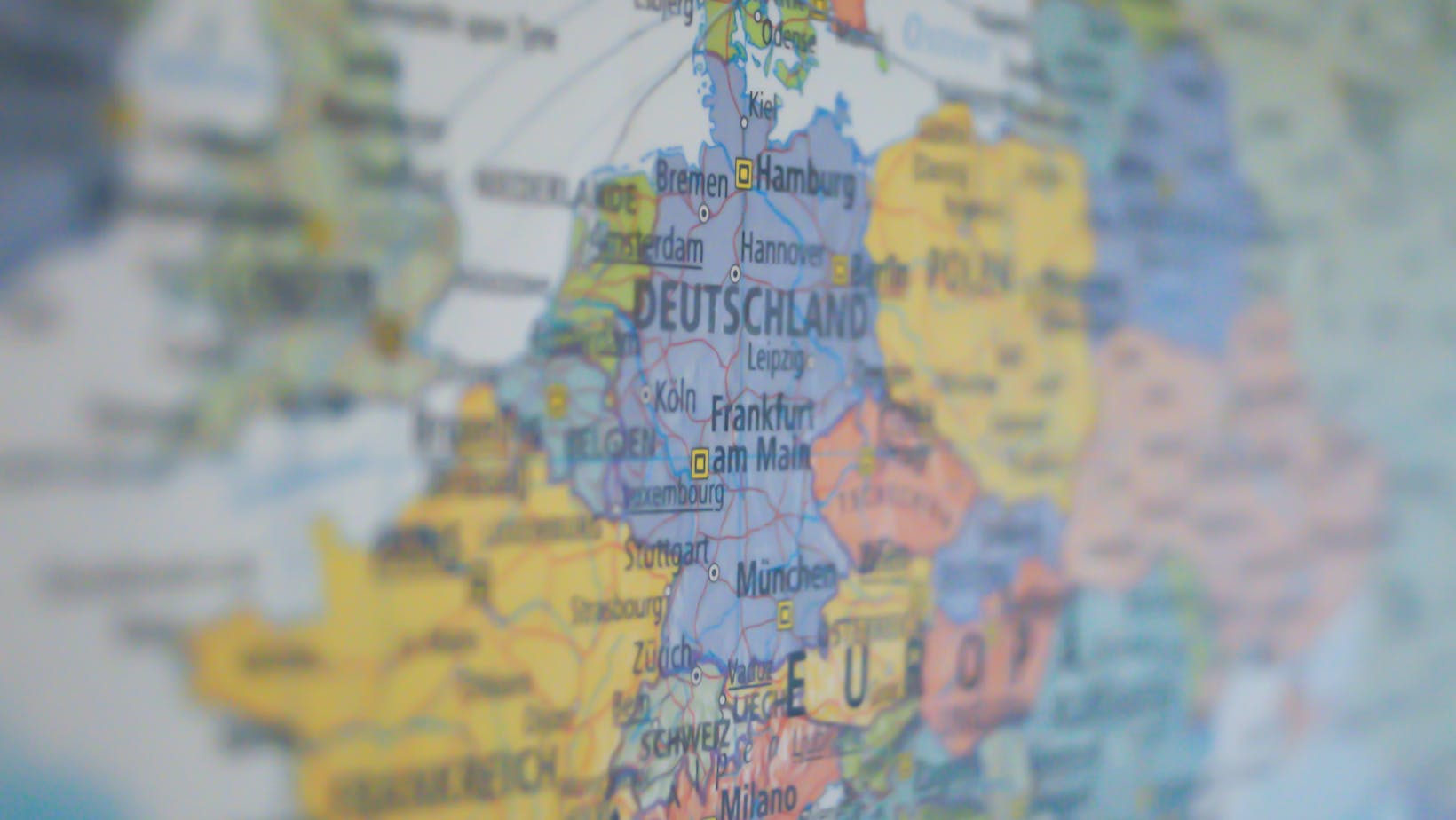The Triple Alliance, formed in the late 19th century, was a powerful alliance between Germany, Austria-Hungary, and Italy. While initially intended as a defensive measure, this alliance inadvertently increased tensions among the European powers. In this article, I will explore the key factors that led to the escalation of tensions caused by the Triple Alliance. From territorial disputes to the arms race, we will delve into the intricate web of alliances and rivalries that ultimately contributed to the outbreak of World War I. Join me as we uncover the complexities surrounding the Triple Alliance and its impact on the delicate balance of power in Europe.
How Did The Triple Alliance Increase Tensions Among European Nations
Germany’s motives behind the formation of the Triple Alliance were driven by a desire to protect its own interests and maintain its position as a dominant power in Europe. One of the key factors that led Germany to form this alliance was its increasing isolation in international affairs. With the rise of other major powers, such as Britain and France, Germany felt threatened and saw the need to secure alliances to strengthen its position.
Another motive for Germany was its concern over the growing power of Russia. The eastern expansion of the Russian Empire and its support for Slavic nationalism posed a threat to Germany’s interests in the region. By forming the Triple Alliance, Germany aimed to create a counterbalance to Russia’s influence and prevent any possible encirclement by its adversaries.
Austria-Hungary’s Motives
Austria-Hungary’s motives for joining the Triple Alliance were largely influenced by its ambitions in the Balkan region. The empire faced increasing challenges from various nationalist movements and sought a system of alliances to protect its territorial integrity.
Austria-Hungary viewed the Triple Alliance as a means to secure its position in the Balkans and prevent the expansion of Russian influence in the region. This was particularly important for Austria-Hungary due to its large Slavic population, which made it vulnerable to Russian support for Slavic national aspirations.
Italy’s Motives
Italy’s motives for joining the Triple Alliance were driven by its pursuit of territorial gains and a desire to protect its interests in the Mediterranean. Italy, newly unified in the late 19th century, sought to expand its influence and secure colonies in Africa and the Middle East.
The alliance provided Italy with the backing of two powerful nations in case of any conflict or interference in its territorial ambitions. Additionally, the Triple Alliance allowed Italy to counterbalance the growing power of France in the Mediterranean, ensuring that its interests would not be overshadowed.
Through the formation of the Triple Alliance, Germany, Austria-Hungary, and Italy aimed to protect their own interests and create a network of support that would increase their collective power in Europe. However, instead of achieving stability, this alliance unintentionally increased tensions among European nations. The intricate web of alliances and rivalries that developed as a result ultimately contributed to the outbreak of World War I, marking a turning point in European history.

The Impact of the Triple Alliance
The Triple Alliance, consisting of Germany, Austria-Hungary, and Italy, was formed with the intention of maintaining a balance of power in Europe. However, instead of achieving stability, the alliance unintentionally increased tensions among European nations.
One of the key ways in which the Triple Alliance increased tensions was by creating a counterbalance to the Triple Entente, consisting of France, Russia, and Great Britain. The formation of both alliances created a divide in Europe, with each side vying for dominance and influence.
Conclusion
In analyzing the impact of the Triple Alliance on tensions among European nations, it becomes clear that this alliance had unintended consequences. Rather than promoting stability and peace, the Triple Alliance inadvertently fueled divisions and escalated rivalries.
The Triple Alliance played a significant role in increasing tensions among European nations. Its emphasis on military cooperation, aggressive policies, and territorial expansion inadvertently contributed to the escalation of rivalries and ultimately led to the devastating conflict of World War I. Understanding the impact of alliances and their unintended consequences is crucial in preventing similar conflicts in the future.

